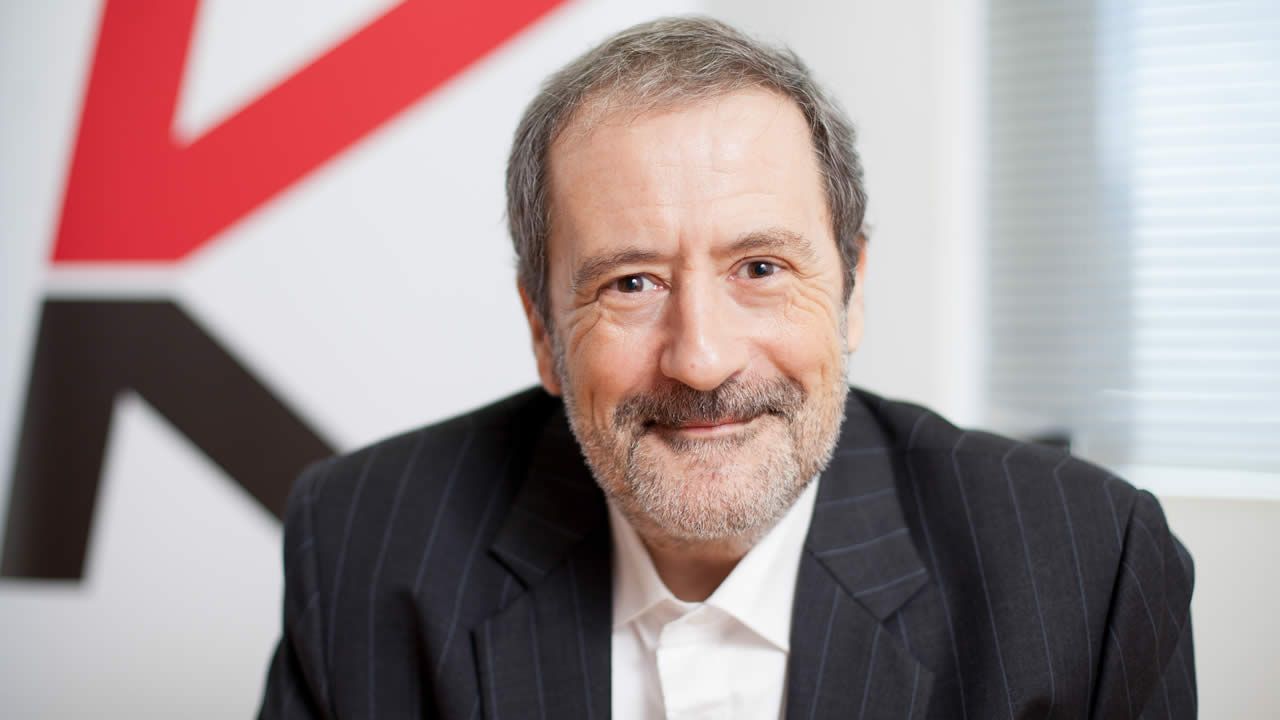
The price of cement is a major concern for the construction sector. Director of Kolos Cement Ltd, Dominique Billon explains that there are different reasons why an increase can occur. He also elaborates on the current status of the construction market.
Publicité
Recently, there have been talks about increasing the price of cement. Why forecasting an increase?
Higher prices in export markets, increase in CIF (Cargo Insurance Freight) price and the arrival of fuel sulphur in 2019 account for the rise in the price of bulk cement. As the Mauritian market is dependent on imports, it will suffer from this increase. Import-dependent countries like Mauritius can only buy the surplus of products that is found on the export market. And Mauritius, like other non-producing countries, is responsible for finding this surplus production at the best value for money.
In the last two years, there have been a lot of changes in the international market. With regard to the price of cement on the export market, this situation was partly caused by China's significant consumption of cement. Until mid-2017, China exported cement; the country has meanwhile witnessed a restructuring of its factories, giving rise to several closures in an attempt to curb pollution. Since the beginning of 2018, China has itself become an importer of cement to meet the needs of its domestic market. This has a snowball effect on cement prices from South Asia and East Asia in the international, market as demand has outstripped supply. This phenomenon, coupled with the cost of freight for the shipment of cement to Mauritius, inevitably has an impact on the selling price. Thus, we consider an increase well above 10% around September 2019.
To maintain its position on the market and remain competitive, Kolos has invested heavily in research and development, particularly to meet the needs of large public infrastructure projects."
What is the impact of work across the island on cement production?
With ongoing construction projects around Mauritius, it is quite easy to see how this is boosting the cement industry. We are currently importing between 600,000 and 700,000 tonnes of bulk cement annually, which is then packaged and distributed. With the sheer number of construction projects that are taking place in the country, like the sports centre in Côte d’Or and the Metro Express, which aim to have the less socio-environmental impact, the cement industry is at a stage where variety is just as important as quantity and quality. Speaking for Kolos, I can say that we are stepping up our game and always trying to find the perfect fit. Not only is 2019 likely to see an exponential increase in cement production but the variety present on the market is also going to be more evident to our customers and to the general public.
How has been Kolos’ performance over the past years?
Our performance has been steady, even if we did experience a boost in distribution due to major ongoing construction projects. Kolos has been more focused on performing in terms of services, quality and research by investing more into the product itself. Kolos Cement Ltd operates the largest cement terminal in the Indian Ocean with a capacity of 60 kt. We are also listed on the Development and Enterprise Market (DEM) of the Stock Exchange of Mauritius since February 2018 and our share price has shown excellent growth over the past 12 months.
How do you differentiate yourself from competitors?
To maintain its position on the market and remain competitive, Kolos has invested heavily in research and development, particularly to meet the needs of large public infrastructure projects. This is, in turn, beneficial to the general public, as they have access to these products for their personal projects.
Kolos positions itself as a partner of choice for the construction industry thanks to its ability to offer innovative and perfectly adapted products that meet European standards for cement and that can be marketed in Europe, a guarantee of the quality of our products.
The construction market is currently stable with the number of ongoing public infrastructure as well as private projects currently being developed."
With the experience gained from major projects such as Bagatelle Dam, the airport terminal and the port, we have become a reference in terms of cement quality. It should be noted that local demand has also increased due to infrastructure projects such as the Metro Express and Côte d'Or Sports Complex. Today, everything is 100% automated at Kolos, from extraction to bagging to palletizing bags that are delivered by forklift trucks. This automation has enabled the company to optimize the production process and offer for sale different types of cements for private customers as well as large construction companies.
In the first quarter of 2018, we introduced two new products, Kolos Plus, a cement for large construction sites, and an improved version of the Klassic, now Kolos Red, to better meet customer expectations. We have also recently launched two new products, starting with Kolos Finish, a specially formulated cement for plastering and blocking which guarantees high-quality unique finishes and excellent value for money. We then introduced Kolos Eco Plus, an ecological and quality cement that is among our most affordable products. These products are the result of our investment in research and development, and perfectly illustrate our will to innovate in our field. It is this same logic that has led the company to set up the three distribution outlets operating under the name of Kolos Building Materials (KBM).
What are your future projects?
In 2018, we embarked on a strategy to be even closer to our clients through the setting up of three Kolos Building Materials sales outlets. This year, we shall pursue this strategy and reinforce our market presence through R&D, which has led to the development of numerous innovative products. Kolos Eco Plus, which I just mentioned, is one example of this orientation.
Otherwise, how do you perceive the current status of the construction sector?
The construction market is currently stable with the number of ongoing public infrastructure as well as private projects currently being developed. We are already working on a strategy that will help us maintain our position on the market after the completion of the major infrastructure projects that are currently being carried out. I must also point out that production is directly proportional to demand, which is currently higher than supply. This means that over the coming months, we should expect an increase in the prices of construction materials.

Notre service WhatsApp. Vous êtes témoins d`un événement d`actualité ou d`une scène insolite? Envoyez-nous vos photos ou vidéos sur le 5 259 82 00 !





















